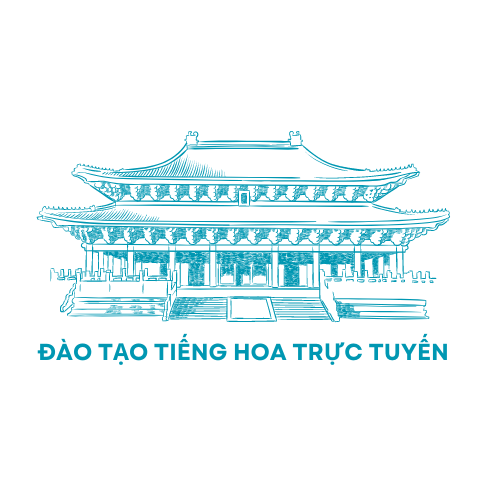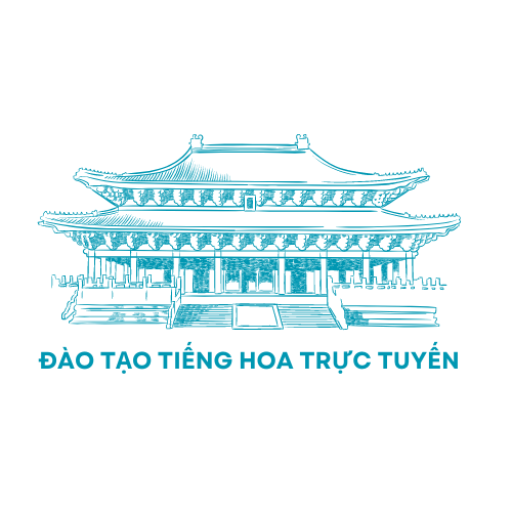The travel industry in 2025 stands at a crossroads of innovation and stewardship. As global tourism rebounds to pre-pandemic levels, travelers and industry entities alike are navigating a landscape transformed by eco-conscious mandates, digital innovations, and changing visitor priorities.
## Green and Environmentally Aware Travel
The urgency for sustainability has become a foundation of modern travel. By 2025, the tourism sector is projected to generate 6.5 billion metric tons of climate pollutants, necessitating swift interventions. Destinations like Costa Rica and Bhutan are leading this charge, with the latter maintaining its status as the world’s only emissions-reversing country through rigorous tourism limits.
Restorative travel models, such as New Zealand’s Māori-led sustainable excursions, are acquiring momentum. These projects reflect a broader shift: 73% of travelers now prioritize brands with strong environmental policies.
## Customization and Bespoke Experiences
High-end exploration in 2025 is synonymous with hyper-personalization. Discerning travelers seek transformative journeys adapted to their unique interests. Providers like LuxGroup emphasize “conscientious indulgence,” blending indulgence with local integration.
Machine learning is reshaping trip planning, enabling adaptive schedules that respond to immediate interests. This trend aligns with findings that 64% of luxury travelers prefer personalized offerings over cookie-cutter options.
## Avoiding Overtourism Through Innovation
Overtourism remains a pressing issue, prompting travelers to seek “alternative locations” and non-peak period trips. Cities like Ljubljana are alleviating congestion through vehicle-restricted areas and bike pathways.
Authorities are intervening; Amsterdam and Majorca have enacted guest ceilings and behavior guidelines to maintain local ecosystems.
## Technology’s Role in Seamless Exploration
AI’s influence reaches beyond personalization into process optimization. AI agents handle 24/7 customer inquiries, while data projections optimize flight schedules and hotel pricing. VR technology previews allow travelers to “test” destinations before booking.
Mobile platforms like Seven Corners simplify trip management, offering real-time updates on weather, crowds, and transportation delays. Distributed ledger systems enhances clarity in carbon offset programs.
## Longer Stays and Cultural Immersion
The era of hectic vacations is fading. Luxury travelers are typically taking two-week stays to intensify cultural connections. Families are increasingly embracing “work trips,” blending remote work with prolonged visits.
## Occasion-Focused Travel and Unique Adventures
“Event hopping” has skyrocketed, with fans crisscrossing globes for major events. Celestial tourism—exemplified by stargazing in Chile’s Atacama Desert—reflects increasing demand in astronomical events.
## Wellbeing and Digital Detox
Wellness tourism is evolving beyond wellness centers to encompass integrated therapies. Unplugged getaways combine yoga with natural foods, aligning with a 95% increase in demand for self-care-centered itineraries.
## Financial Approaches and Value-Conscious Travel
Travelers are leveraging loyalty programs and packaged deals to maximize value. Financial perks are being deliberately exchanged for enhancements, reflecting a shift toward “smart luxury”.
## Conclusion
The travel landscape of 2025 is defined by its duality: a yearning for exploration balanced by principled stewardship. As destinations reconcile innovation with protection, stakeholders can ensure tourism remains a bridge—not a obstacle—to a more integrated and ethical world.

